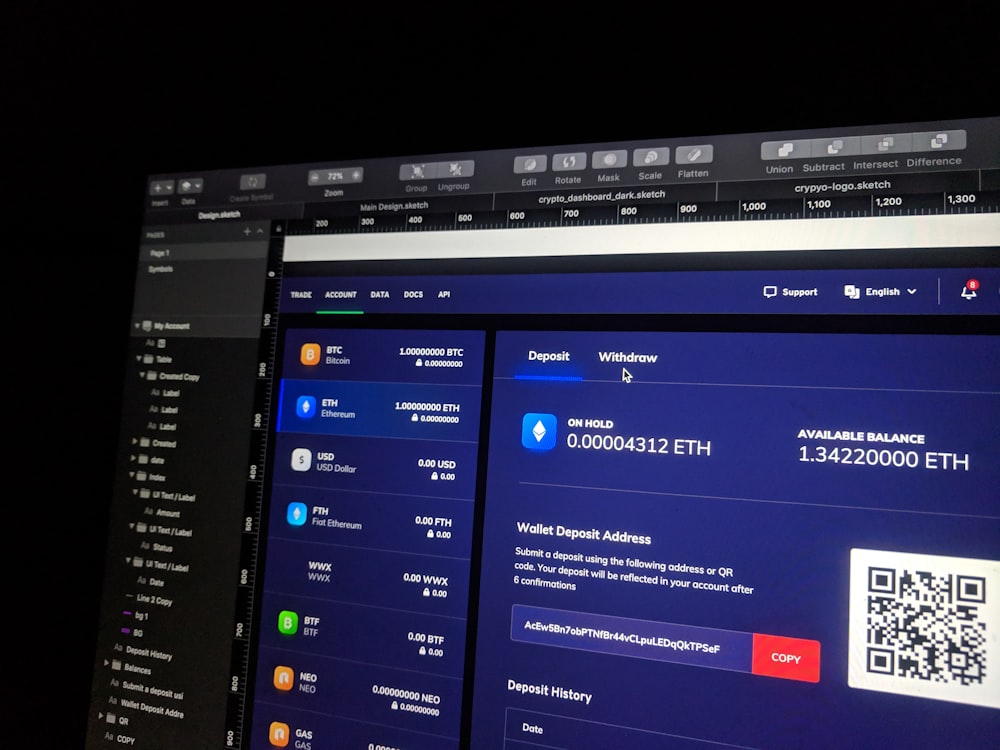Introduction
Website accessibility isn't just about compliance—it's about creating digital experiences that work for everyone. With 1 in 4 adults living with a disability and accessibility lawsuits increasing by 320% in recent years, accessibility has become both a moral imperative and a business necessity. Yet 96% of websites still fail basic accessibility standards.

Introduction
Website accessibility isn't just about compliance—it's about creating digital experiences that work for everyone. With 1 in 4 adults living with a disability and accessibility lawsuits increasing by 320% in recent years, accessibility has become both a moral imperative and a business necessity. Yet 96% of websites still fail basic accessibility standards.
At Harissa Studio, we've conducted accessibility audits for 120+ websites, helping companies not only achieve WCAG compliance but improve their overall user experience and business outcomes. This comprehensive guide will walk you through our proven methodology for conducting thorough accessibility audits.
Understanding WCAG: The Foundation of Web Accessibility
The Four Principles of WCAG
1. Perceivable - Information must be presentable in ways users can perceive
2. Operable - Interface components must be operable by all users
3. Understandable - Information and UI operation must be understandable
4. Robust - Content must work with various assistive technologies
WCAG Conformance Levels
Level A: Basic accessibility features
Level AA: Industry standard for legal compliance
Level AAA: Highest level for specialized sites
Most organizations should target Level AA compliance.
The Complete Accessibility Audit Process
Phase 1: Automated Testing (30 minutes per page)
Essential Tools:
- axe DevTools: Comprehensive automated testing
- Lighthouse: Built-in Chrome accessibility audit
- WAVE: Visual accessibility evaluation
Testing Steps:
- Run axe DevTools scan and categorize issues
- Perform Lighthouse accessibility audit
- Use WAVE for visual issue identification
- Document all findings for manual review
Phase 2: Manual Testing (45-60 minutes per page)
Keyboard Navigation Testing:
- Navigate entire page using only Tab key
- Verify focus indicators are clearly visible
- Check logical tab order follows visual layout
- Ensure no keyboard traps exist
- Test all functionality works without mouse
Screen Reader Testing:
- Test page structure navigation (headings, landmarks)
- Verify links make sense out of context
- Check form label associations and error messages
- Review image alt text quality
- Test dynamic content announcements
Phase 3: Color and Visual Testing
Color Contrast Analysis:
- Test all text against backgrounds (4.5:1 ratio minimum)
- Check interactive elements meet contrast requirements
- Verify focus indicators are sufficiently visible
- Test readability at 400% zoom level
Case Study: E-commerce Accessibility Transformation
Client Challenge
Company: Mid-size online retailer
Problem: Accessibility lawsuit and 40% user completion barriers
Initial State: Major barriers in search, checkout, and account areas
Results After Implementation
- Accessibility Score: 45% to 94% WCAG Level AA compliance
- User Experience: 60% reduction in usability support tickets
- Business Impact: 35% increase in conversion rate for users with disabilities
- Legal Resolution: Successful lawsuit resolution
Common Accessibility Issues and Solutions
Images and Media
Issue: Missing or poor alternative text
Solution: Provide descriptive alt text that conveys purpose and content
Alt Text Guidelines:
- Informative images: Describe content and context
- Decorative images: Use empty alt text (alt="")
- Functional images: Describe function, not appearance
Forms and Interactive Elements
Issue: Form fields without proper labels
Solution: Associate labels with form controls and provide clear error messages
Form Accessibility Checklist:
- All form fields have associated labels
- Required fields are clearly marked
- Error messages are descriptive and helpful
- Form validation works with assistive technologies
Navigation and Structure
Issue: Poor heading structure and unclear navigation
Solution: Use semantic HTML and logical heading hierarchy
Best Practices:
- Use proper heading structure (H1, H2, H3)
- Provide skip navigation links
- Use landmark regions consistently
- Ensure navigation consistency across pages
Creating Actionable Audit Reports
Report Structure
Executive Summary:
- Overall accessibility score and compliance level
- Issues categorized by severity (critical, major, minor)
- Business impact and legal risk assessment
- High-level recommendations and timeline
Implementation Roadmap:
- Issues prioritized by impact and implementation effort
- Suggested remediation timeline
- Resource requirements and team responsibilities
- Testing and validation procedures
Testing with Real Users
Automated testing can't replace feedback from actual users with disabilities:
User Testing Best Practices:
- Recruit users with various disabilities and assistive technologies
- Test real-world tasks, not just navigation
- Allow extra time and provide appropriate support
- Focus on task completion and overall user experience
Ongoing Monitoring and Maintenance
Accessibility requires continuous attention:
Regular Testing Schedule:
- Monthly: Automated scans of critical pages
- Quarterly: Manual testing of key user journeys
- Annually: Comprehensive site-wide audit
- Pre-deployment: Accessibility testing before releases
Team Education:
- Designer training on accessible design principles
- Developer education on semantic HTML and ARIA
- Content creator guidelines for accessible content
- QA processes that include accessibility verification
Business Benefits Beyond Compliance
The Business Case for Accessibility
Market Expansion:
- Access to $13 trillion global disability market
- Improved usability benefits all users
- Better SEO through semantic HTML structure
- Reduced customer support costs
Brand and Risk Management:
- Demonstrates commitment to inclusion
- Reduces legal risk and potential lawsuit costs
- Improves customer satisfaction and loyalty
- Attracts inclusive-minded talent and customers
Implementation Planning
Building Your Accessibility Program
Team Structure:
- Accessibility Champion: Dedicated point person
- Design Integration: Accessibility checkpoints in design process
- Development Standards: Coding guidelines and review procedures
- Testing Protocols: Regular testing schedules and methodologies
Budget Considerations:
- Initial Audit: $5,000-$15,000 for comprehensive evaluation
- Remediation: $10,000-$50,000 depending on scope
- Ongoing Maintenance: 5-10% of development budget
- Training and Tools: $2,000-$5,000 annually per team member
Conclusion: Accessibility as Competitive Advantage
Website accessibility isn't just about legal compliance—it's about creating better experiences for everyone. By following this comprehensive audit methodology, you'll achieve WCAG compliance while improving usability, expanding your market reach, and demonstrating your commitment to inclusion.
The most successful companies view accessibility as a competitive advantage, not a burden. Accessible websites perform better in search engines, have lower support costs, reach larger audiences, and create positive brand associations that drive customer loyalty.
Ready to make your website accessible to everyone? At Harissa Studio, we specialize in comprehensive accessibility audits that improve both compliance and user experience. Our proven methodology has helped 120+ companies achieve WCAG Level AA compliance while enhancing their business outcomes. Contact us to discuss how we can help you create digital experiences that truly work for everyone.
Subscribe to our newsletter
Lorem ipsum dolor sit amet, consectetur adipiscing elit. Suspendisse varius enim in eros elementum tristique.





